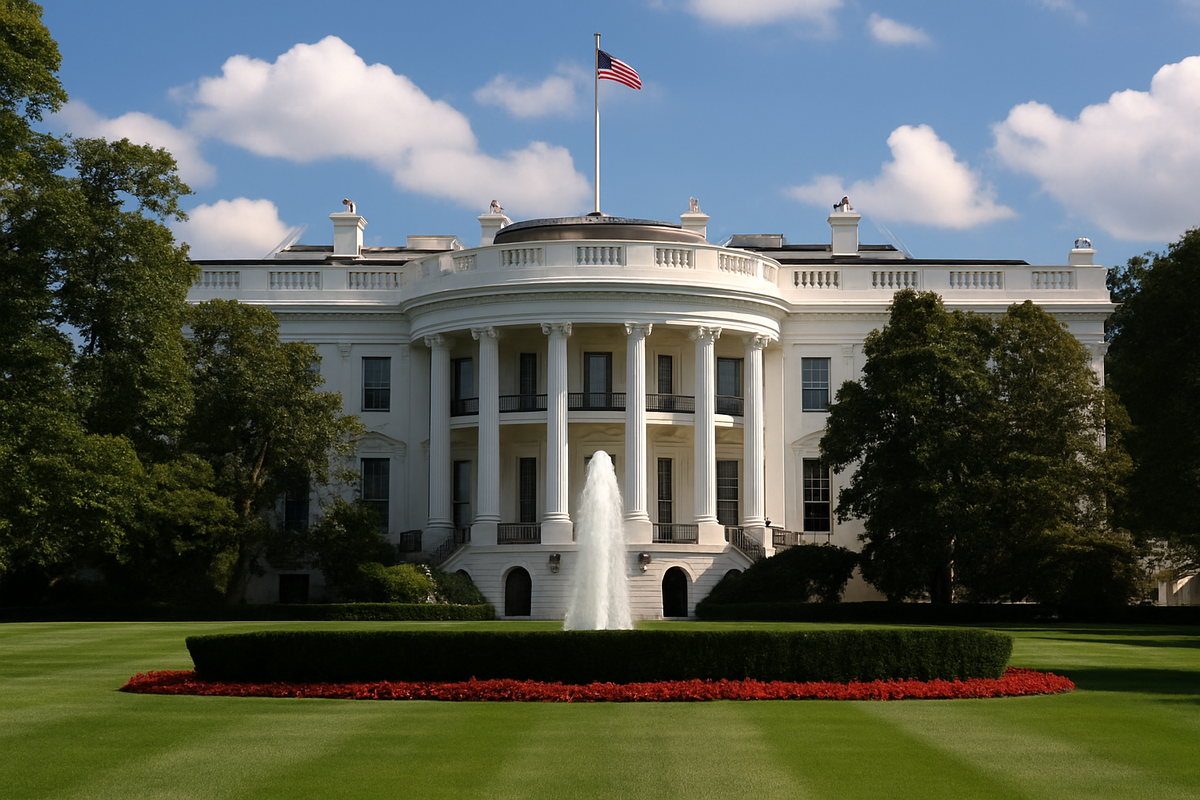Five Ways Trump Could Be a Better President

I’ve never seen much value in tearing a person down for the sake of it. Savage criticism might feel good in the moment, but it rarely changes minds. What does help is pointing to what could be better—offering constructive criticism that invites reflection and growth.
With that in mind, here are five ways President Donald Trump could strengthen his leadership right now.
1. Bipartisanship and Unity
America is deeply divided. Trump’s style often sharpens those divides. But the presidency carries a unique opportunity to build bridges. If Trump works with Democrats on shared priorities—like infrastructure, veterans’ care, or the opioid crisis—he can show that unity is not weakness but strength.
2. Clearer Communication
Trump’s direct, sometimes combative communication gives him a powerful megaphone. But clarity often gets lost in the noise. A more disciplined approach—pairing his energy with steady, fact-driven messaging—would build credibility during crises and reassure the public.
3. Policy Depth
Campaign slogans are memorable, but they don’t govern a country. “Repeal and replace” or “build the wall” offered little detail. By presenting well-developed, expert-backed policy proposals, Trump can demonstrate seriousness and leave behind reforms that last beyond his term.
4. Stronger Diplomacy
Challenging allies and rivals alike projects toughness, but often at the cost of trust. America’s strength comes from both independence and alliances. By balancing firmness with renewed commitments to NATO and trade partners, Trump can reinforce America’s leadership abroad.
5. Respect for Institutions
A healthy democracy depends on respect for its institutions—the judiciary, the press, and the civil service. When Trump attacks these groups, it weakens confidence in government itself. Choosing instead to affirm their role would not only strengthen the system but also steady his presidency.
Conclusion
Constructive criticism doesn’t deny Trump’s energy or his accomplishments. It simply highlights areas where he can improve—and in doing so, better serve the nation. Bipartisanship, clarity, policy depth, diplomacy, and institutional respect aren’t partisan goals. They are presidential ones.
If Trump embraces them now, his leadership could be remembered not only for its force but also for the strength it adds to the republic.
Readers who know me will understand that my tongue was firmly in my cheek as I wrote this. The point isn’t that Trump will change—it’s that the very improvements we should expect from a president are the ones he refuses to make.
